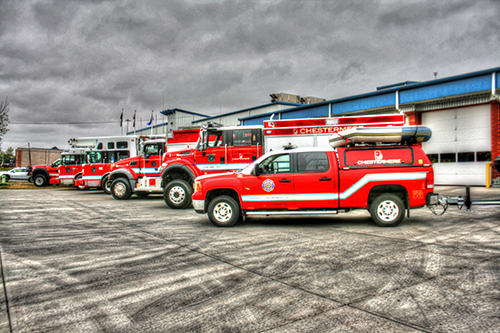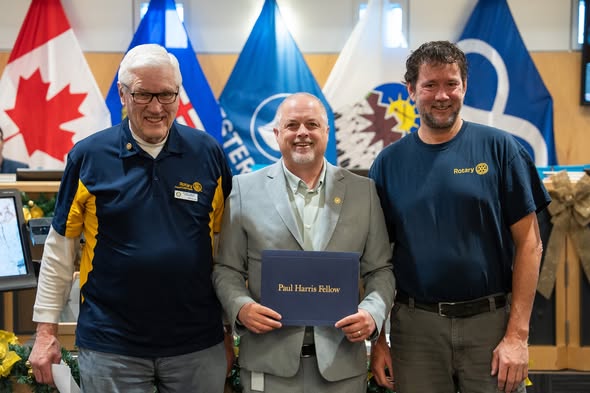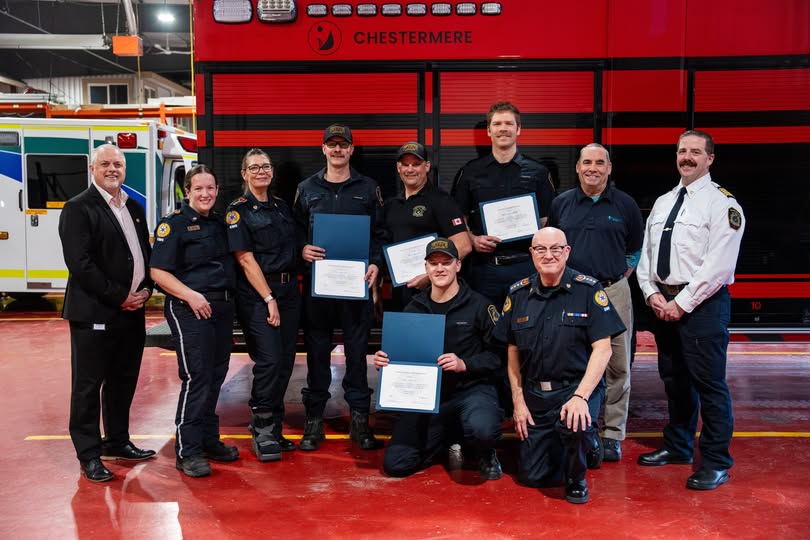The Chestermere Area Mental Health Coalition, initially formed in April of 2019, is made up of a number of organizations with representatives coming from several community not for profit organizations, service groups, The City of Chestermere, Rocky View Schools, and Primary Care Network. The idea behind this committee came from numerous conversations that took place at Interagency and between organizations that identified a need for organizations and health professionals to come together and develop strategies to collaborate more effectively, provide programs and services to promote health and wellness, and support residents throughout the stages of care.
Facilitated by Coralee McIntosh from Synergy and Leslie Racz from Primary Care Network, the committee has conversations about how to provide mental health support in the community. This includes sharing workshops and resources that are already available, identifying needs in the community, and developing new resources. One of those resources being a new monthly Mental Wellness column where Coalition members will share stories and strategies in the hope of being able to provide support to our community.
The COVID-19 pandemic has presented its own unique challenges for people of all ages when it comes to mental health. The constant changes in restrictions, isolation, uncertainty in jobs, unemployment, the uncertainty in schools….. its been a lot for everyone. In March I had the opportunity to share with the committee about my own journey from a mental health perspective and was able to share some of the tools I utilize for my own health. A few years back I experienced burnout and through the help of some incredible professionals and some very dear friends, I have developed a bit of a tool box of resources that I utilize to support me in my own journey. Perhaps some of these tools will be useful for you as well.
- Today Is Not A Good Day
- This may surprise some but one of the best resources I have in my toolbox is the ability to tell someone “today is not a good day.” I had a professional tell me that one thing I could do was have one or two people in my life who I could contact and tell them exactly that, “today is not a good day.” However, there is a rule for this for the other person. They’re not allowed to ask me how I am doing nor is there any kind of expectation that I have to explain what I mean. The conversation, via in person, text, or phone call is simply this – I say, “Today is not a good day” and the other person responds with, “thanks for letting me know.” That’s it. When I was given this piece of advice I thought it was silly. I can say that now having utilized this strategy for about 6 years, it has been one of the best strategies in my tool kit. When I use this strategy it gives me a sense that I am no longer carrying the burden myself. Later in the same day or perhaps a day later I may tell that person about the day but not always. It truly has been one of the most freeing tools for me.
- Find What Brings You Life and Make a Point of Doing It
- I love hockey. I love playing hockey, reffing hockey, coaching hockey, watching hockey. It doesn’t matter to me. As long as I am going to the rink in some way then I am in my happy place. I don’t play hockey because I am good at hockey. I keep playing because it’s just great to be in the room. I once had an opportunity to play in a charity game with Lanny McDonald and before the game he addressed the room and said, “boys, no matter how good you are, play as long as you can but once its gone its gone.” Having lost the ability to go to the rink during COVID has been really hard. And so I’ve been able to be a part of a few hockey group chats where during a game we all just chat about the game we’re watching. It for sure is not the same but having a group of people who share a common interest that we can just banter about is another tool in the toolbox.
- Find a Way to Shut Your Brain Off
- This is the one that is the most difficult for me. I find it really hard to shut my brain off and just be still. It has been especially hard during COVID. I put this one on here especially because I struggle with it. To me, mental health is not something you just “get over” but rather it is an ongoing journey filled with good days, bad days and everything in between. But the strategy I use for shutting my brain off is talking about the things that are on my brain with a trusted friend or my spouse. If I can talk about it I can get it off my brain. Or I make lists. I make lists of all the things I need to accomplish and then when I finish that task I physically cross it off of the list. I heard a term a while ago called brain bleed. That incomplete tasks can become brain bleeds and so by making a list and crossing off the task I close the brain bleed and it helps to shut my brain off. This has been so helpful for me.
I don’t have it “all figured out” and for me my mental health journey is a daily choice to get up and have my two feet hit the floor and walk forward. Sometimes that’s the biggest victory of the day. I have a few other tools I utilize as well but those three, Today is Not a Good Day, Finding What Brings Me Life and Make a Point of Doing It, and Finding a Way to Shut Your Brain Off, are the three I find the most helpful. I’d invite anyone who reads this to reach out if you’d like to talk more about your journey or would like to hear more about mine. campdirector@campchestermere.com







